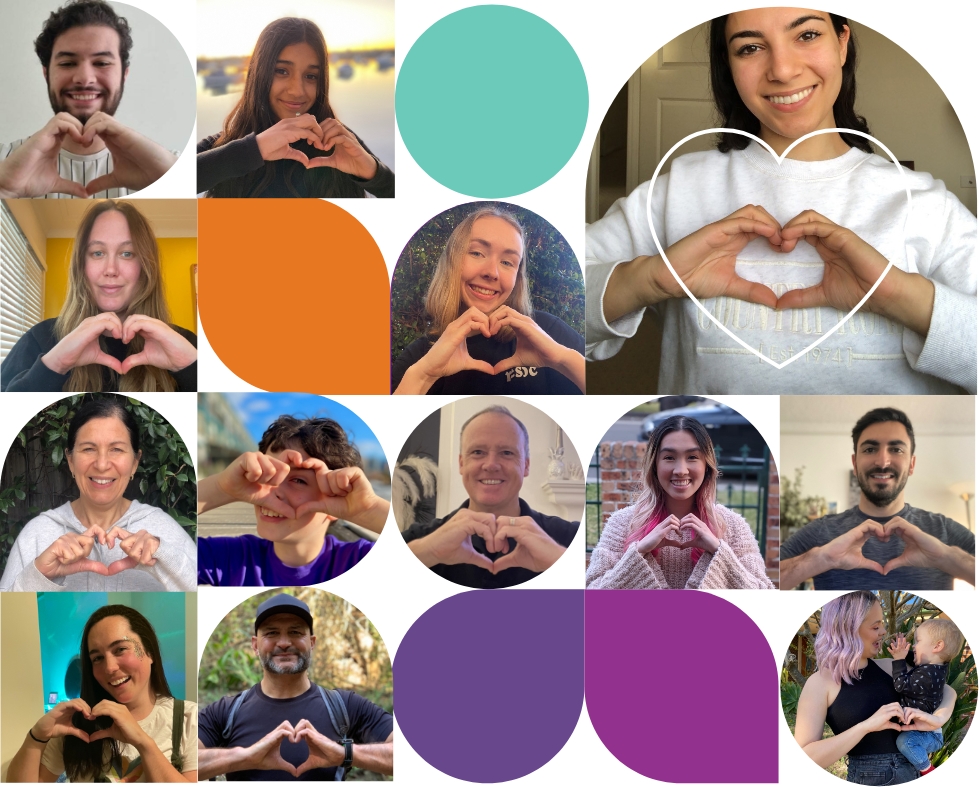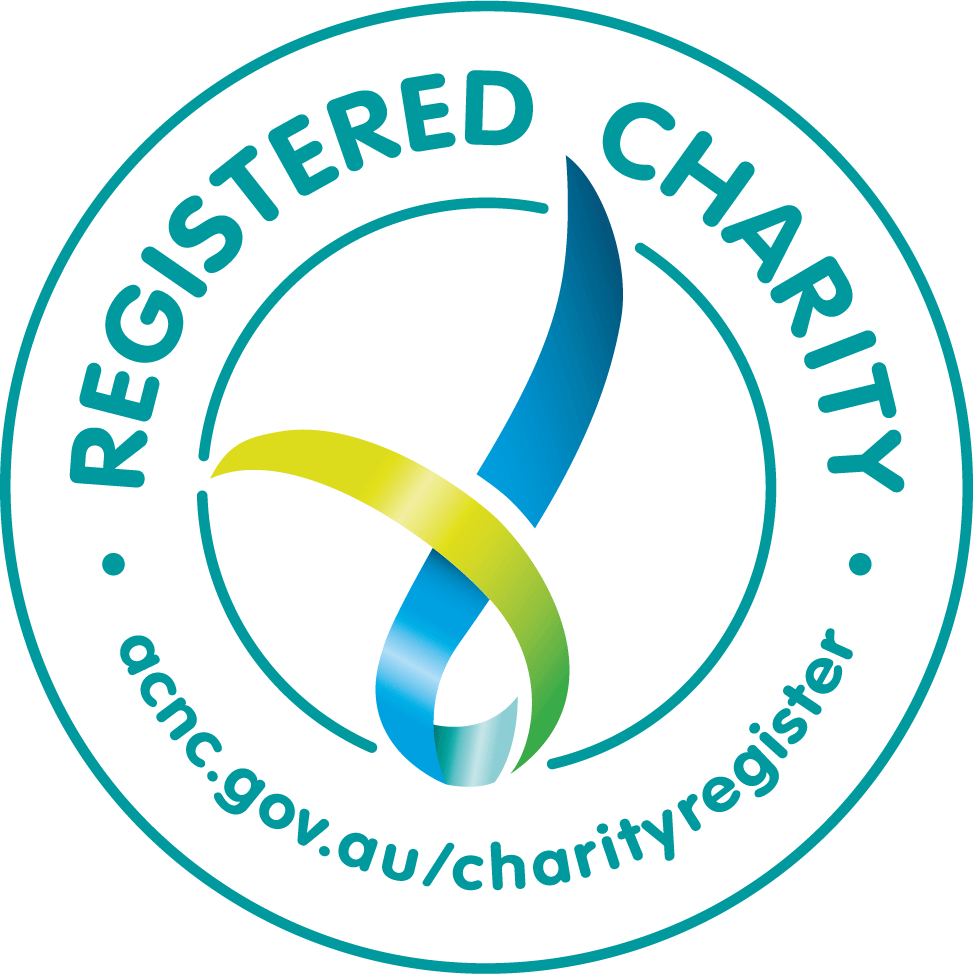Every autistic child has a right to access evidence-based mental health treatments to reach their full potential. Differences in geography, culture and language should be no barrier.

Twenty years ago, Dr Michelle Wong started working with Mathew*, a five-year-old with autism. His parents had made the difficult decision to leave their country of origin, migrating to Australia in search of the best that treatments could offer in autism.
Mathew was about to start school but couldn’t sit with other children at story time because he was too anxious. Mathew didn’t know what to say to other children and would get frustrated and run out of the classroom. Over time Dr Wong worked with Mathew, his family and school to develop his emotional skills.
Mathew is now 25 years old. He is about to graduate from university, has a full-time job, and has his first girlfriend.
The therapy work Dr Wong did with Mathew is the foundation for the Westmead Feelings Program: Emotion-based learning for children with autism spectrum disorders.
“I believe every child has the right to the transformation that Mathew has experienced as a result of the therapies he received,” says Dr Wong. “Every family should have access to evidence-based treatments in their own communities to help their child reach their full potential. This research project will help to deliver equitable, universal access to mental health treatments for autism.”
Dr Wong is now planning to develop a digital version of the Westmead Feelings Program will allow facilitators to personalise therapy goals and content to suit a child’s needs while program fidelity is maintained.
Dr Wong is now planning to develop a digital version of the Westmead Feelings Program will allow facilitators to personalise therapy goals and content to suit a child’s needs while program fidelity is maintained.
Dr Wong is now planning to develop a digital version of the Westmead Feelings Program will allow facilitators to personalise therapy goals and content to suit a child’s needs while program fidelity is maintained. A digital learning management system will provide pathways between facilitator and child sessions, their parents and teachers, enabling access to feedback about child progress and digital program content that can be accessed anytime, anywhere. Within this agile platform, different language and cultural versions, and versions for different ages and abilities can be added downstream. Gamification will be incorporated to build engagement for children and optimise learning.
Through digitisation, The Westmead Feelings Program will align with telehealth delivery and provide a framework for broader distribution to children outside the hospital walls.
Dr Wong added, “My vision has been that from a lone psychologist supporting one patient, I could develop the evidence-base and dissemination pathways to enable every person with autism access to the programs that benefitted Mathew. This vision has been shared by generous philanthropists, without whom this next step would not be possible.”
This research will reduce symptoms of anxiety and depression for the 1 in 59 children with autism, of whom 70% have co-occurring mental health disorders. Mental health problems are the greatest barrier to children on the autism spectrum reaching their full potential, limiting their capacity to be educated, enter the workforce, and live independently, with 78% of adults on the autism spectrum having poor outcomes in these areas. This research is the first step of paving the way for autistic children from diverse cultural and language backgrounds, abilities and ages to reach their full potential. *Name changed for privacy reasons
Project team members
- Dr Michelle Wong – Senior Clinical Psychologist and Founder of the Westmead Feelings Program
- Anita Gardner – Research Psychologist and Westmead Feelings Program Author
- Dr Belinda Ratcliffe - Clinical Research Psychologist and Westmead Feelings Program Author
- Dr David Dossetor - Child Psychiatrist and Westmead Feelings Program Author





